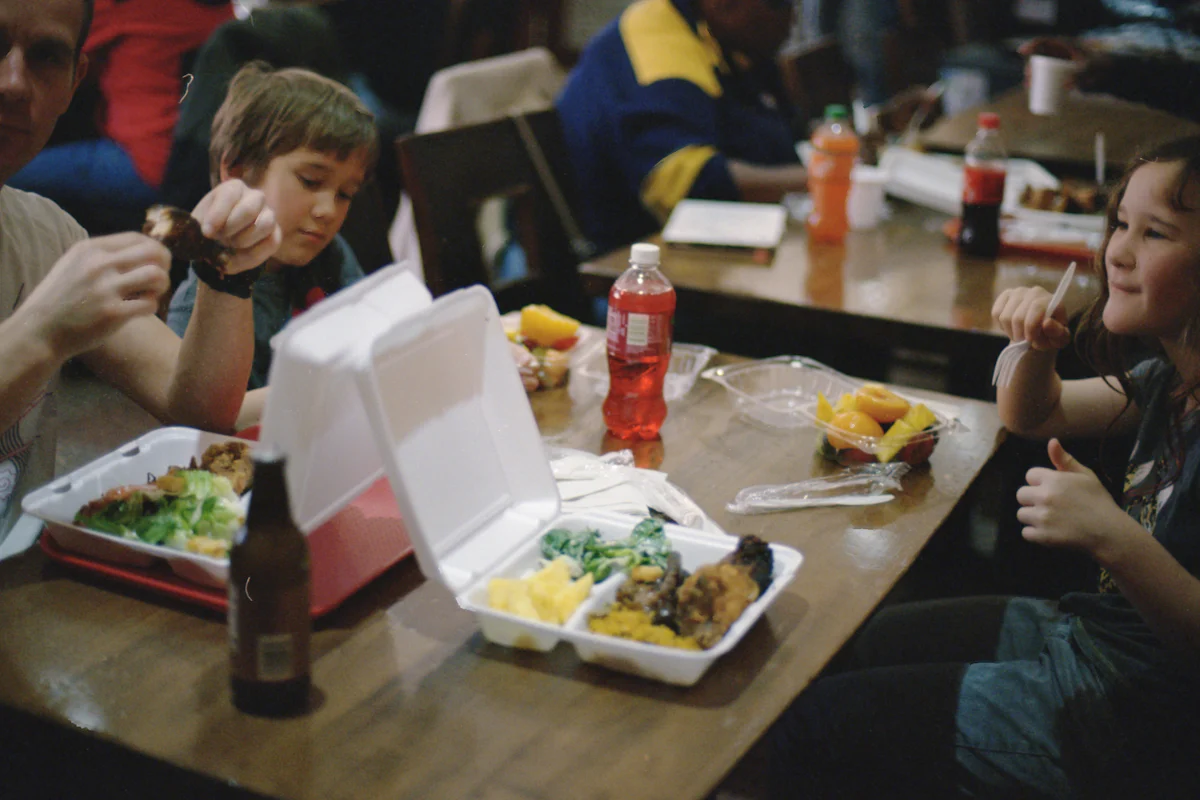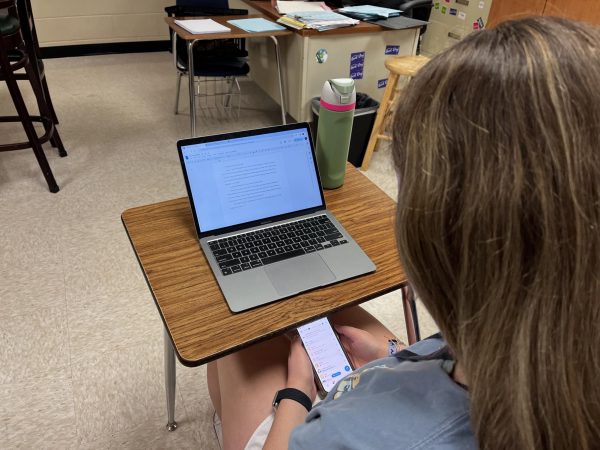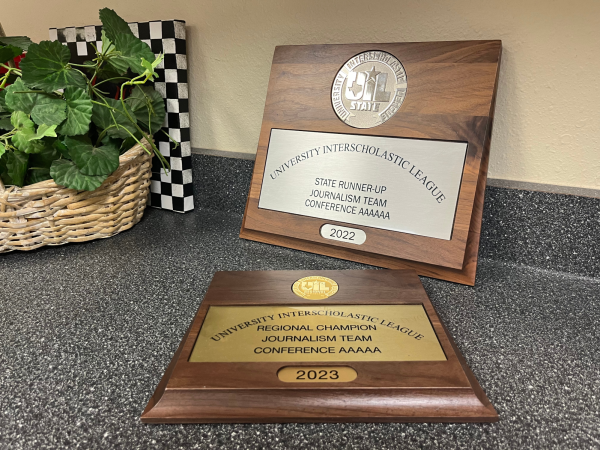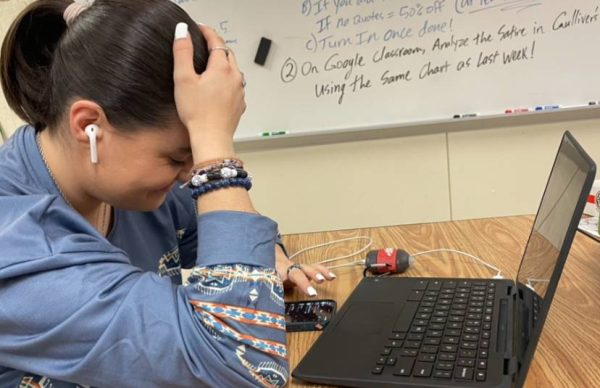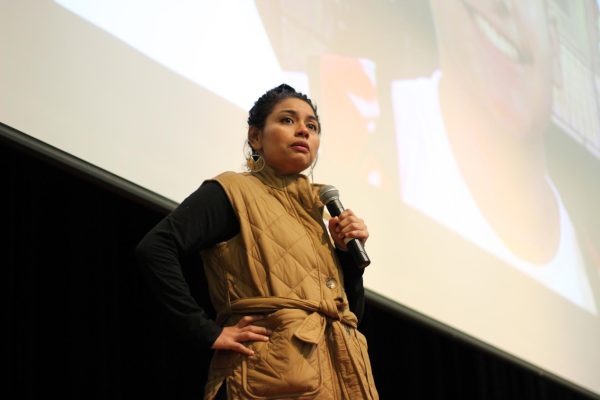FACS Finishes Famine
Students participate in world hunger fundraiser.
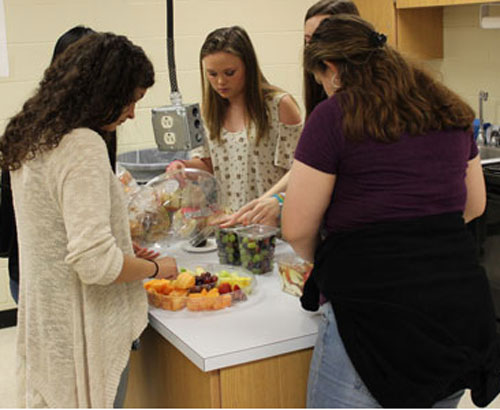
FACS members prepare food for the 150 student who participated in the 30 hour famine two years ago. Students went hungry for 30 hours to raise awareness for the people around the world who are starving and may not eat once on any day. This tradition lives on years later.
April 13, 2017
As they began to eat again a look of relief filled over the FACS students faces in the food science room. Three tables were filled with small breakfast items as the smell of pigs in a blanket, fruit, and pastries filled the air. The task of completing the 30 hour fast was now over but the goal trying to be achieved was far from finished.
Each year hundreds of thousands of students around the world come together to participate in the 30 hour famine fundraiser in which they fast for 30 hours straight in order to raise awareness for world hunger.
“ The goal was to get students to come together and not only raise money but to raise awareness and get as many people as we could at the school to show others at our school what it means to go out and help people in need.” campus 30 hour famine director Logan Baylor said.
Over 150 students participated in the event run by FACS bringing in funds ranging from 500-700 dollars.
“It’s our job to collect the funds then world Vision will spread them where they see fit.” said Baylor.
The funds collected from the 30 hour famine go to a charity called World Vision which then distributes the funds to where they feel necessary in order to help combat world hunger. Specifically this year the money collected will be going to help impoverished communities in East Africa which are dealing with drought, famine, or are combat zones.
“ We are not directly helping but in a way we are able to get the funds to donate and it goes on from there in ripple effect and we are able to help the people in need.” Baylor said.
The ripple effect will hopefully carry out a long way and Smithson Valley will have helped the world get just a little closer to ending world hunger.


